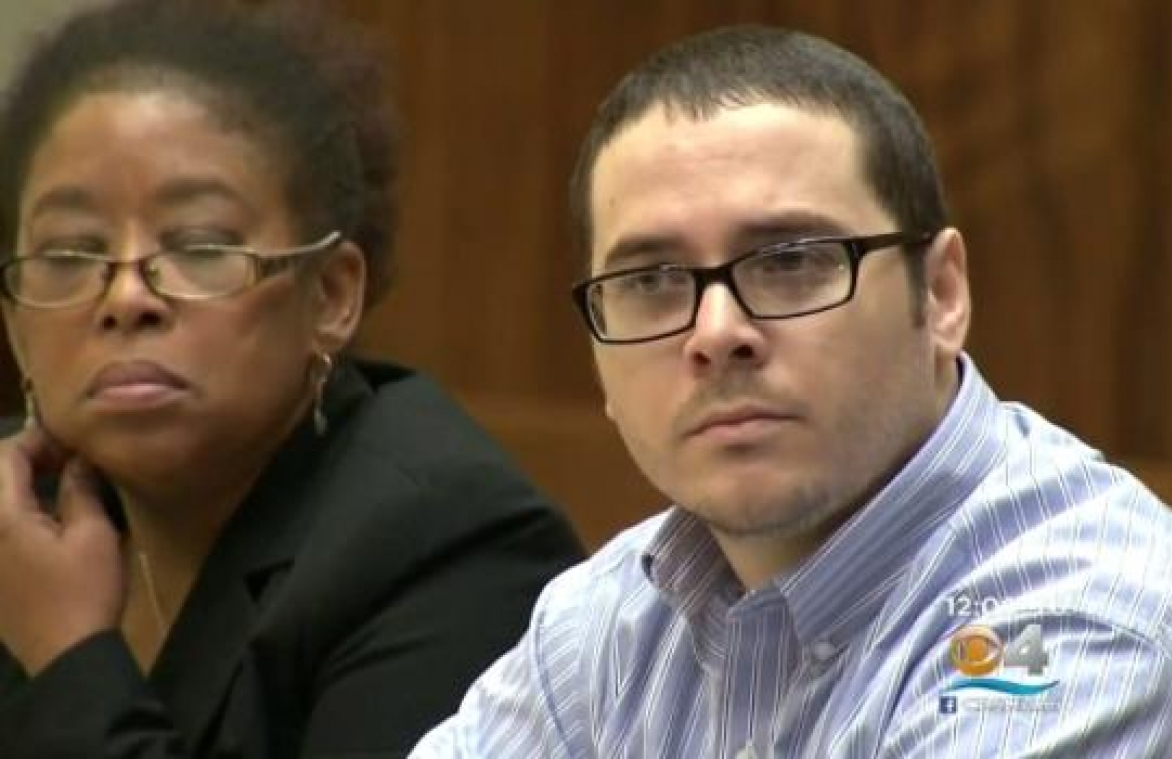A Florida trial court reviewing the first degree murder sentencing of a teen killer did not violate the First Amendment by considering the defendant’s continued interest in violent music, a state appeals court has ruled.
In September 2008, 14-year-old Michael Hernandez killed a fellow 14-year-old middle school student and attempted to kill a 13-year-old middle school student at Southwood Middle School. Hernandez stabbed his victims numerous times. A jury convicted him of both first-degree murder and attempted first-degree murder. A trial judge sentenced him to life without the possibility of parole for first-degree murder and a consecutive 30-year term for attempted first-degree charge.
However, the U.S. Supreme Court changed the law regarding juveniles sentenced to life without the possibility of parole. The Court ruled that state laws mandating life without the possibility of parole for juveniles violated the Eighth Amendment, which prohibits “cruel and unusual punishment.”
Thus, Hernandez had another sentencing hearing. After this hearing, the trial judge again imposed a life without the possibility of parole sentence for first degree murder but said that Hernandez would be entitled to a review of his sentence after 25 years.
On appeal, Hernandez made several arguments, one involving the First Amendment. He argued that the trial judge erred in considering the type of music to which Hernandez listened. Hernandez listened to so-called “death/metal” music, which contained violent lyrics. During the re-sentencing, according to The Miami Herald, the judge considered as evidence recorded calls from jail in which Hernandez listened to violent music lyrics.
Hernandez argued that this violated the First Amendment, because as the U.S. Supreme Court held in Ward v. Rock Against Racism (1989) music is protected by the First Amendment. He also noted that artistic and musical preferences are for individuals to make, not government officials.
However, the Florida appeals court rejected Hernandez’s argument in its May 16, 2018, opinion in Hernandez v. State. The court did not find this to be a case of music censorship. Instead, they said the trial judge simply used common sense in looking at the applicable evidence.
The court explained: “We find no error, much less fundamental error, on this point because Hernandez’s continued interest in violent music and lyrics replicating the horrific murder and attempted murder he committed were directly relevant to his lack of remorse, his indifference to the suffering of the victims and their families, and Hernandez’s prospects for rehabilitation.”
David L. Hudson, Jr. is a First Amendment scholar and the author of First Amendment: Freedom of Speech (Thomson Reuters, 2012) and Documents Decoded: Freedom of Speech (ABC-CLIO, 2017).

